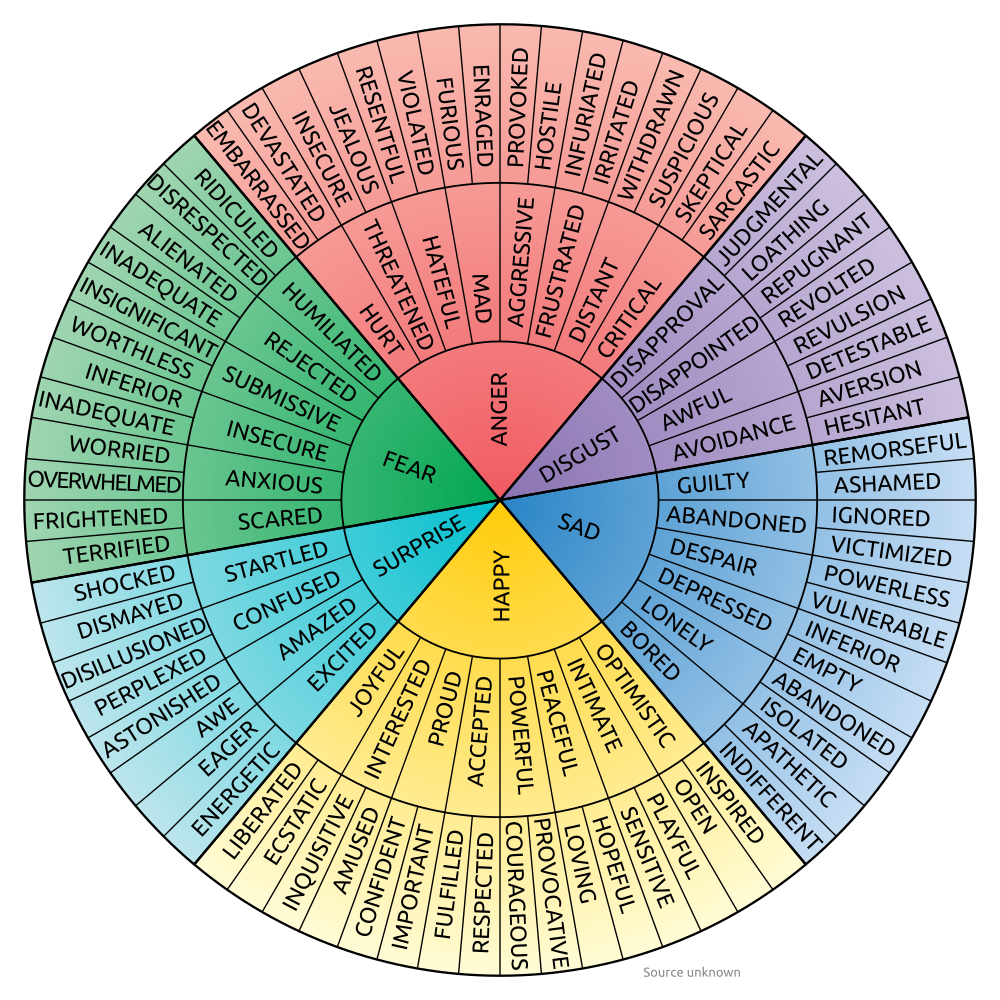Handling Toxic Politics at Work
When you have a senior level 'difficult person' -- specifically someone who behaves in a toxic way towards staff, who perhaps lacks empathy, and who plays dirty politics -- I suggest carefully selecting some combination of these strategies:
- Use a full-court press. Identify as many different strategies as you can that feel to you to be [a] reasonable under the circumstances and [b] have some likelihood of being effective, map them out, and push all of them simultaneously. Toxic people are great at countering any ONE thrust, usually via manipulation and misdirection. The Full-Court Press allows you to create a holistic and overarching narrative that exposes their toxicity and is resistant to underhanded countering.
- BONUS: A redeemable toxic person is in denial. They can deny only a limited number of thrusts at a time. "When one person says you're an ass, ignore it. When two people say it, think about it. When nine people say it, buy a cart, because you're an ass." The full-court press is your best chance to redeem a redeemable person, which is a mitzvah.
- Recruit lots of allies and proxies. Keep them coordinated but only loosely, or create an umbrella organization with a positive ID -- "People for a Respectful Workplace" or the like. Keep re-stating that the goal is to address BEHAVIOR, not target any INDIVIDUAL.
- Work the HR angle. Toxic people create hostile workplaces, and not just for their direct reports. Teach people to accurately document this person's behavior, and collect those reports. Spread the teaching via the umbrella organization. Get hostile workplace complaints raised where the data support it.
- Work the ethics angle. The toxic person is breaking the rules of their profession when they behave toxicly. Find all possible pressure points on this side. Who oversees them? Who funds them? Who will get in trouble if they're seen protecting a toxic person?
- Work the identity politics angle. If the toxic person is a member of a protected minority, that status does not entitle them to behave toxicly. Find others who are also sympathetic figures who are being harmed. Biased judges (who might tend to reflexively side with a toxic person who flies a protected-minority flag) can be jarred back into fairness when complaints come from others who also fly a protected-minority flag (the same one or a different one).
- Work the University angle (if appropriate). If there's a reluctance to be seen protecting tenured people (for example) then get proxies to accuse the University of doing exactly that (if there's evidence). Find past scandals that resemble this one and call out the 'apparent pattern' again through proxies.
- Work the funders. Your toxic person needs money. Money people don't like scandals. Get proxies to criticize the funders for funding toxicity.
- Work the publications angle. If the toxic person is trying to publish, get proxies to challenge those publications for working with a toxic person. Question the integrity of their research -- if they are sociopathic enough to be seriously toxic then they are also sociopathic enough to fake research. Get volunteers to look for hinky data or conclusions in past papers, to talk to prior research partners to find smoking guns, etc. Don't be afraid to talk with current research partners about these concerns.
- Work the junior staff angle. Help those under the toxic wing of this person to exit to safer places. Discourage potential candidates from applying; discourage applicants from accepting roles with the toxic person. Shrink this person's empire. This is ethical and kind.
Some caveats -
- This sort of thing is always a political game. So, you're playing to a mixed external audience of judges (senior execs; oversight folks; the public; external staff; others), as well as to your internal audience of employees who you're protecting from toxicity. Make a map of stakeholders -- this game is too much to hold in any one person's head. (I'll write something about stakeholder mapping soon and link it here.)
- Always "play clean" even when you feel the other person may "play dirty" -- there are several reasons for this:
- They are better at playing dirty than you, and will use any misbehavior by you against you to make you the villain and distract from their own villainy.
- You don't want to become who/what you oppose. Win or lose, keep your soul.
- You do want the other person always to have the option to repent and clean up their act. Converting an opponent into an ally is perhaps THE ideal way to handle opponents. Playing clean keeps this option open.
- Anything you do to others, can be done back to you. Play clean and this won't worry you.
- Allies are a source of comfort and morale boosting.
- Treat this situation as a gift and opportunity. Efforts like this can be exhausting and demoralizing if done wrong. But done right they can be invigorating and can build a positive culture.
- Treat this like a marathon, or a series of sprints.

 By
By


